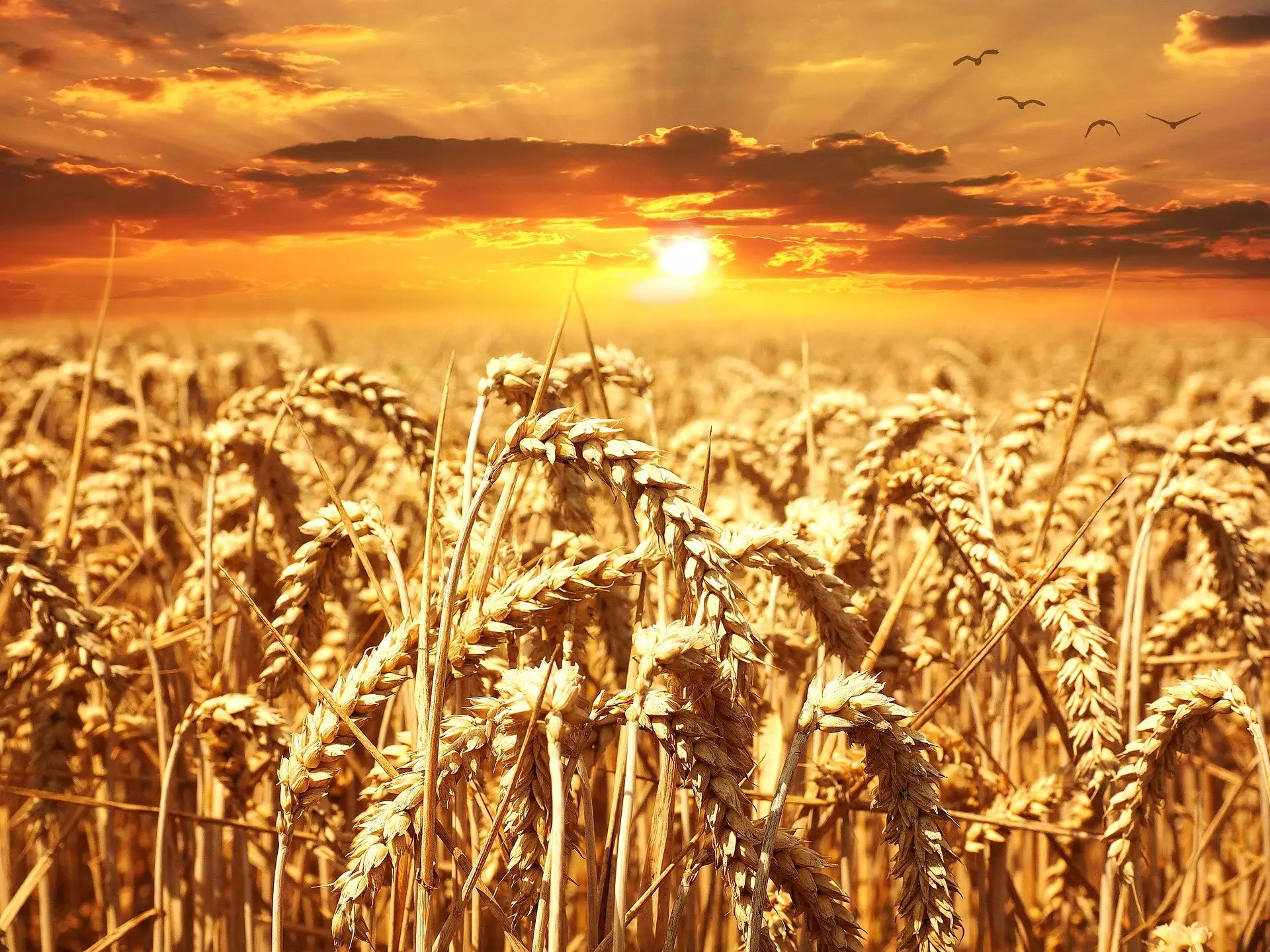A recent study conducted by researchers from the International Food Policy Research Institute (IFPRI) has shed light on the world’s increasing reliance on depleting groundwater systems. The study, published in Nature Sustainability, highlights the urgent need to address the issue of groundwater depletion. However, the researchers also warn that efforts to halt groundwater depletion could have significant repercussions on food security globally.
The study reveals that ending groundwater depletion would result in drastic reductions in food production, particularly of rice and wheat in groundwater-dependent agricultural systems. This would consequently lead to a 7.4% increase in international rice prices and a 6.7% increase in wheat prices. The rise in food prices would make essential food items less affordable, putting an additional 24 million people at risk of hunger, especially in low- and middle-income countries.
While the use of groundwater has undoubtedly benefited economic development and enhanced food security, it has also resulted in severe water depletion, ecosystem degradation, reduced freshwater access, and heightened inequity. A quarter of the world’s river basins are already overexploited, including crucial agricultural regions in countries such as India, Pakistan, China, Iran, the US, and Egypt. The study also points out that climate change is forcing more farmers to rely on groundwater due to diminishing rainfall and shrinking surface water flows.
Sustainable Solutions
The researchers stress the importance of adopting a holistic approach that addresses both groundwater depletion and food security. They emphasize the need for integrated water-food modeling to develop effective solutions in today’s water- and food-constrained world. Investments in agricultural research and development are crucial to improving crop yields and lowering global food prices. Additionally, targeted interventions such as conservation agriculture, mulching, and terracing can play a significant role in conserving water and mitigating price increases of rainfed crops like maize.
Call to Action
The study advocates for increased support for smallholder farmers in regions like Africa South of the Sahara to sustainably harness groundwater resources for irrigated agriculture. The authors urge policymakers to implement a combination of regulatory, financial, technological, and awareness measures across water and food systems to achieve sustainable groundwater management and prevent escalating food insecurity. Failure to act decisively now could lead to permanent increases in food prices and jeopardize agricultural production in groundwater-dependent regions like India and China.
The study underscores the need for immediate action to address the interlinked challenges of groundwater depletion and food security. By implementing a coordinated and comprehensive approach, policymakers can ensure the sustainable management of groundwater resources while safeguarding global food production and ensuring food security for vulnerable populations.


Leave a Reply